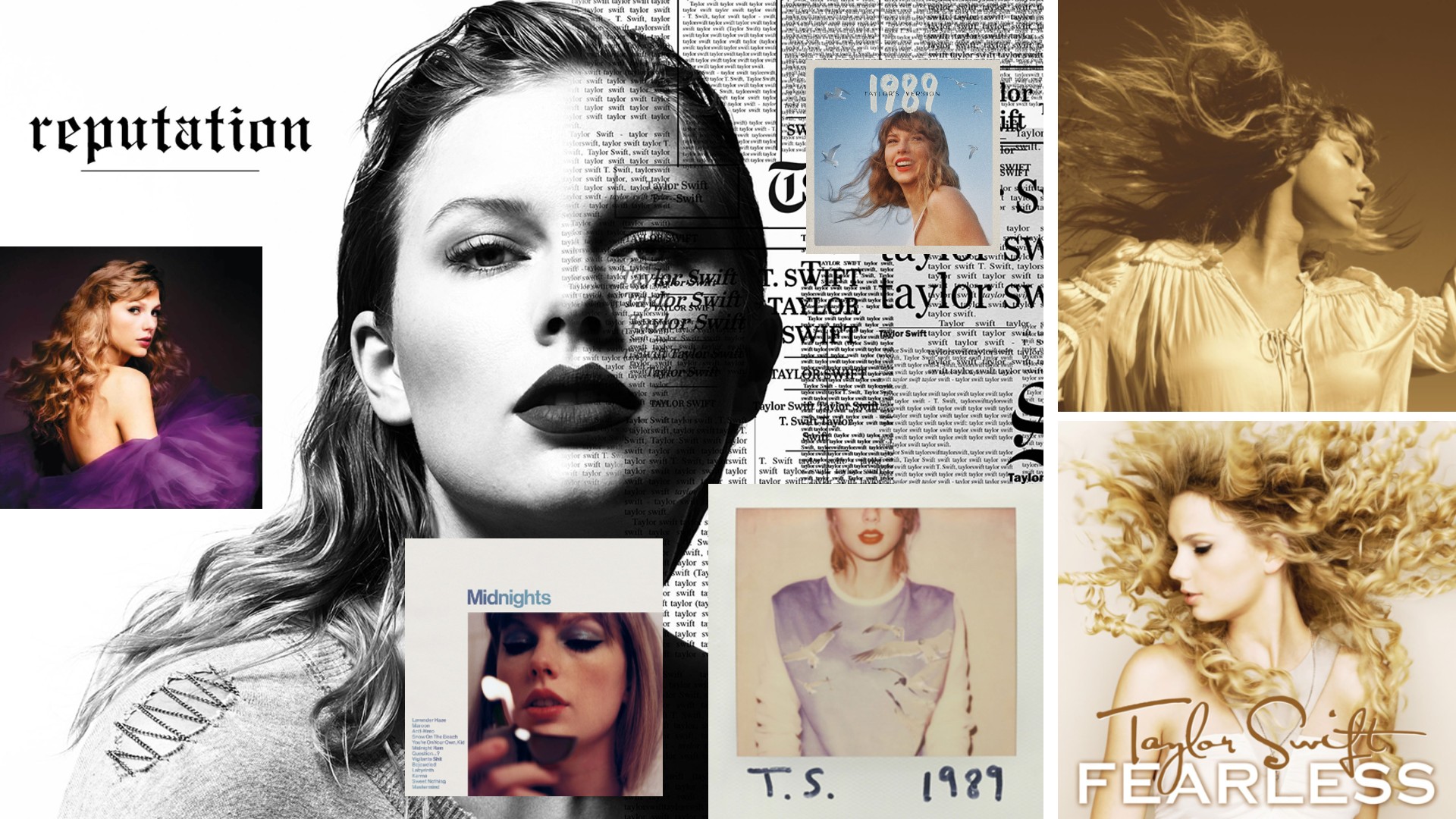
"When ownership doesn't matter, it can be liberating for creatives. Many work under various publishers scanning their impact on culture, and it's fine to share their voice without owning it."
"Taylor Swift’s journey shows the view of owning one's creations is evolving, highlighting that not all creators have ownership and still contribute significantly to culture."
Taylor Swift's recent announcement of gaining back ownership of her music signals a pivotal moment for artists regarding creative ownership. This follows her battle with her former music label and manager over her back catalog rights. While some creatives strive for complete ownership of their work, the article argues that many professionals, like writers, often cede these rights to publishers and companies. Swift's case raises questions about the need for ownership among creatives and whether it should be a universal pursuit or not.
Read at Creative Bloq
Unable to calculate read time
Collection
[
|
...
]